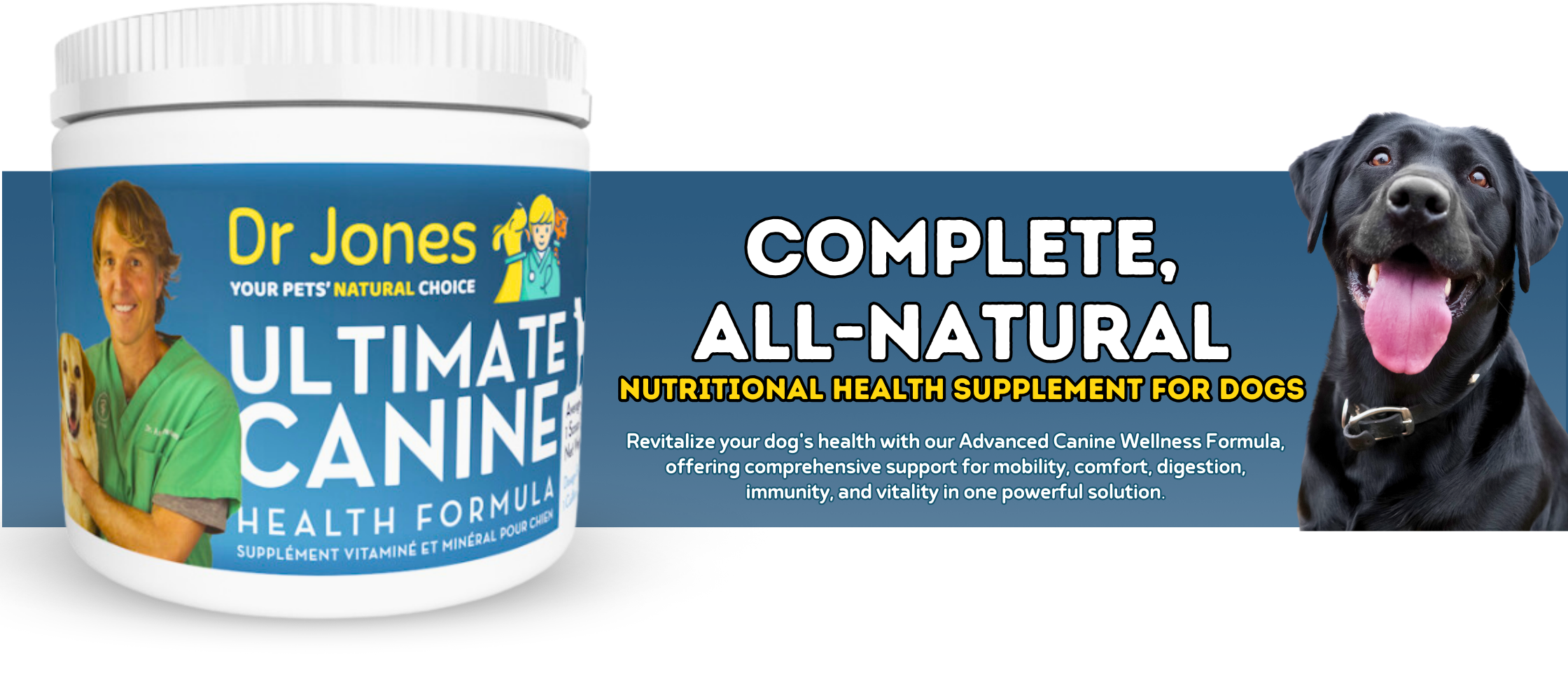3 common deadly drugs in veterinary medicine

Beware of Common Veterinary Drugs: A Personal Insight
The Hidden Dangers of Anti-Inflammatory Medications
In my experience, anti-inflammatory drugs such as Ridel and Metacam are a double-edged sword. While they may offer temporary relief, the side effects can be alarming. The FDA has even dedicated an entire page to their potential adverse effects, including vomiting, diarrhea, liver disease, kidney disease, seizures, and in extreme cases, death. Personally, I believe in exploring safer alternatives. For instance, Cannabid has shown promise as a less risky option for managing inflammation.
Flea and Tick Medications: A Cautionary Tale
The introduction of flea and tick medications like Triaxis and Procto was met with great fanfare, but it wasn’t long before concerns arose. The FDA issued a special warning due to the high incidence of side effects, particularly neurologic issues such as seizures. These drugs target the nervous system of parasites, but unfortunately, they can also impact your pet’s nervous system. I strongly advocate for considering natural alternatives, such as NE oil, to avoid these potentially harmful side effects.
The Allergy Drug Dilemma
Allergy medications for dogs, like Apoquel and Cytopoint, are designed to block inflammatory mediators. However, they target a cytokine known as IL-3 or Incam-3, which plays a crucial role in your dog’s immune response. As a result, the use of these drugs can lead to decreased blood cell counts, increased susceptibility to infections, and a higher risk of certain cancers. If your dog suffers from allergies, I recommend exploring safer options like plant sterols with beta-costol, which have been shown to be beneficial without the severe side effects associated with traditional allergy medications.
In conclusion, while veterinary drugs can provide relief, it’s essential to be aware of their potential risks. I encourage pet owners to seek safer alternatives and to stay informed about the medications they choose for their beloved companions. If you’re interested in learning more about natural and safe options for your pet, consider checking out my free book, which is full of helpful tips and advice.
What to do for a dog throws up and then won’t eat.
Would you please tell me what are the plant sterols you are holding. They are backwards on the screen and I can not read them. If these are good for allergies what brand and dose do you recommend for a 25 lb dog.